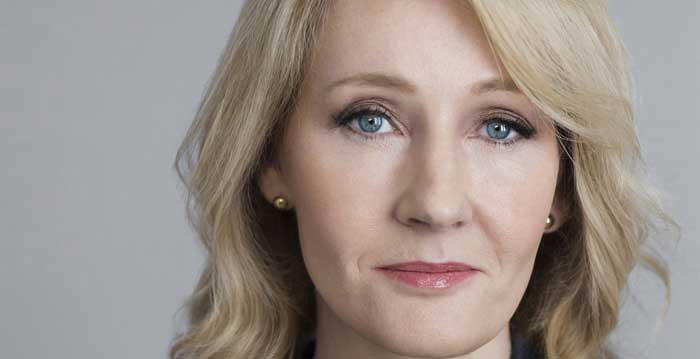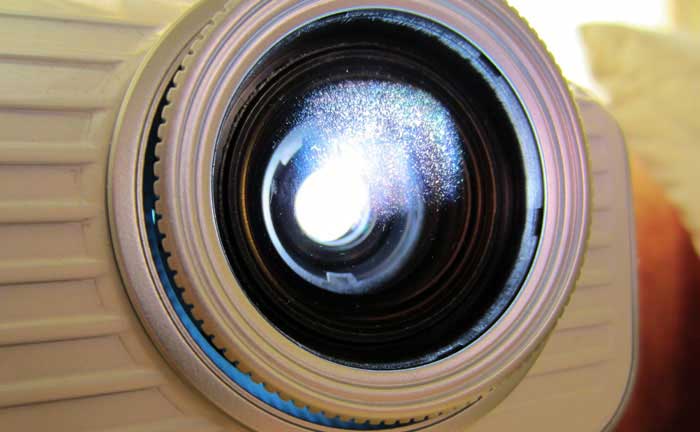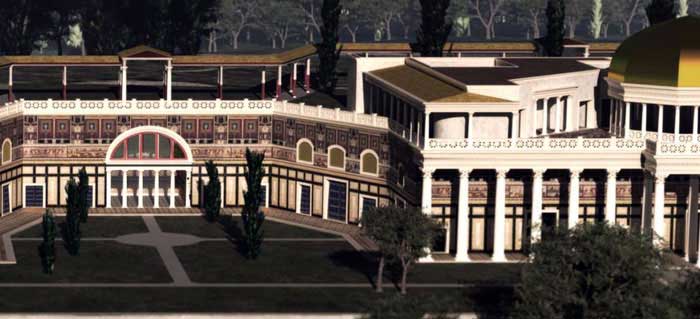Best known as the author of the Harry Potter fantasy series, J. K. Rowling is a British novelist, screenwriter and film producer. The series of books have become the best-selling book series in history, selling more than 400 million copies worldwide. The books have also been the inspiration for a series of films that have led to the creation of two Harry Potter-themed public attractions: Warner Bros. Studio Tour London - The Making of Harry Potter - in London and The Wizarding World of Harry Potter at Universal Orlando Resort.
Born in Yale, Gloucestershire, Rowling was working as a researcher and bilingual secretary for Amnesty International when she came up with the idea for the Harry Potter series on a delayed train from Manchester to London in 1990.
Within five years she went from living on state benefits to multi-millionaire status and with sales in excess of £238M, she became the United Kingdom's best-selling living author.
Taking into consideration the social, moral and political inspiration she has given her fans, Time magazine named her as a runner-up for its 2007 Person of the Year. She is notable for supporting charities such as Comic Relief, One Parent Families, Multiple Sclerosis Society of Great Britain and Lumus (formerly the Children's High Level Group).
Some of her famous lines include: We do not need magic to transform our world. We carry all of the power we need inside ourselves already. You place too much importance... on the so-called purity of blood! You fail to recognize that ti matters not what someone is born, but what they grow to be!
From her 2008 Harvard Commencement Address, entitled The Fringe Benefits of Failure, and the Importance of Imagination she stated: Some failure in life is inevitable. It is impossible to live without failing at something, unless you live so cautiously that you might as well not have lived at all - in which case, you fail by default.
On an interview with Oprah Winfrey, she commented about how her life changed from being poor to being multimillionaire in less than five years: I think the single biggest thing that money gave me - and obviously I came from a place where I was a single mother and it really was hand to mouth at one point. It was literally as poor as you can get in Britain without being homeless at one point. If you've ever been there you will never, ever take for granted that you don't need to worry. Never!
She said to Time magazine in 2007: It is perfectly possible to live a very moral life without a belief in God, and I think it's perfectly possible to live a life peppered with ill-doing an believe in God.
She has also talked about her she gets her inspiration from: I've no idea where ideas come from and I hope I never find out; it would spoil the excitement for me if it turned out I just have a funny little wrinkle on the surface of my brain which makes me think about invisible train platforms.




